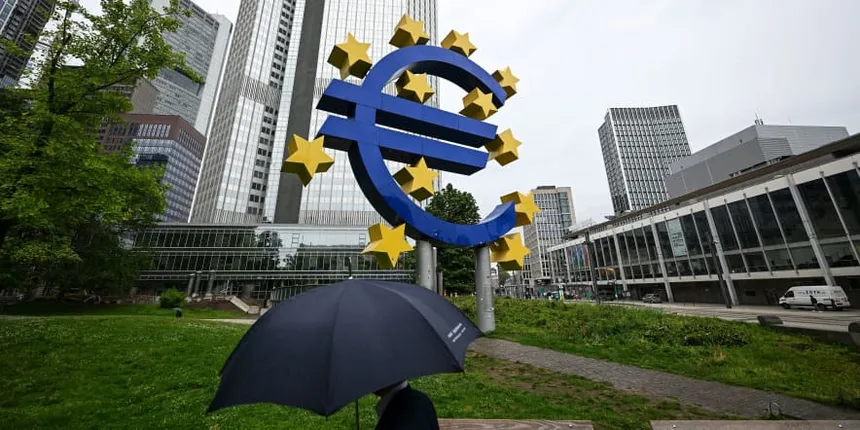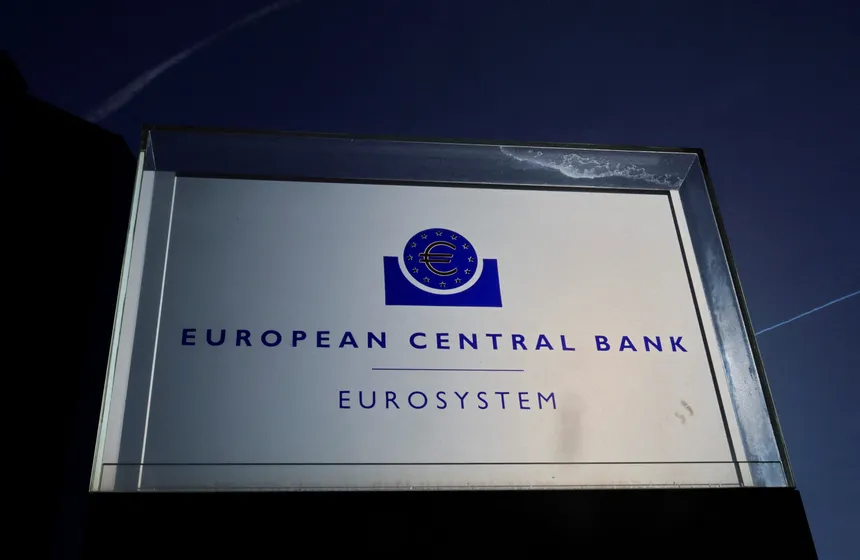The European economy has managed to eke out a meager 0.1% growth in the first quarter of the year, following a dismal performance in the preceding quarter. Despite a mild winter that helped avoid a recession, the economy is still grappling with the challenges posed by inflation, which continues to erode people’s willingness to spend.
Inflation, which has been hovering above the European Central Bank’s (ECB) target rate of 2%, has been consuming consumers’ purchasing power, with wage increases only partially offsetting the rising costs of necessities like groceries and clothing. The ECB, keen to get inflation under control, is likely to deliver another rate increase at its next policy meeting, which could further curb consumer spending and industrial activity.
The situation is being compounded by the recent turmoil in the global banking sector, which has raised concerns about the stability of financial markets and the willingness of banks to take on risk. The failure of Silicon Valley Bank and the forced takeover of Credit Suisse by rival Swiss bank UBS has increased the likelihood of tighter credit conditions, which could not only slow down economic growth but also exacerbate inflation.
While the eurozone’s economy has managed to avoid a winter recession, it is far from experiencing a strong recovery. In fact, Oxford Economics has predicted that the economy will “plod along” in the coming quarters in the absence of a strong growth driver. The situation is precarious, with inflation persisting despite the ECB’s efforts to control it, and the banking sector facing unprecedented stress.

European Central Bank
Industrial activity has picked up slightly, thanks in part to China’s reopening from Covid-19 restrictions and the mild winter weather, which has allowed for an early start to construction activity. However, these positives are being offset by the persisting challenges posed by inflation and the cautious approach being taken by consumers and businesses in the face of rising uncertainty.
The ECB’s efforts to combat inflation have had some success, with annual inflation in the eurozone falling to 6.9% in March from 8.5% the previous month. However, this is still well above the ECB’s target rate, and it will take more than just a single rate increase to get inflation back under control. In the meantime, the European economy will continue to tread water, struggling to find a strong footing in the midst of uncertainty and volatility.











































